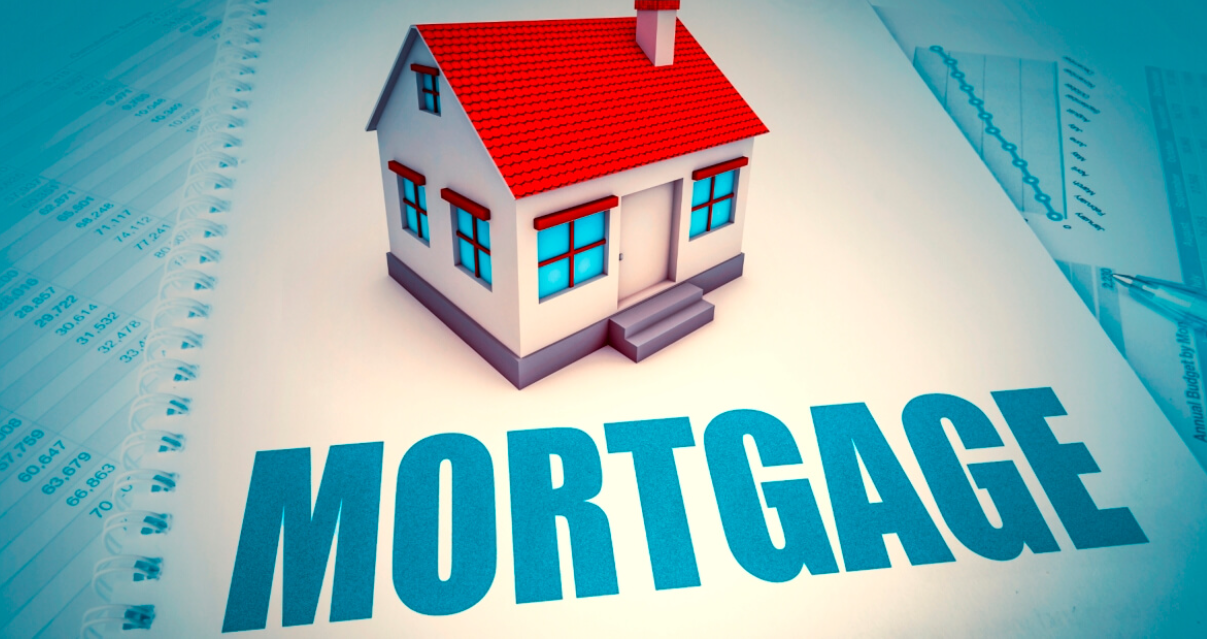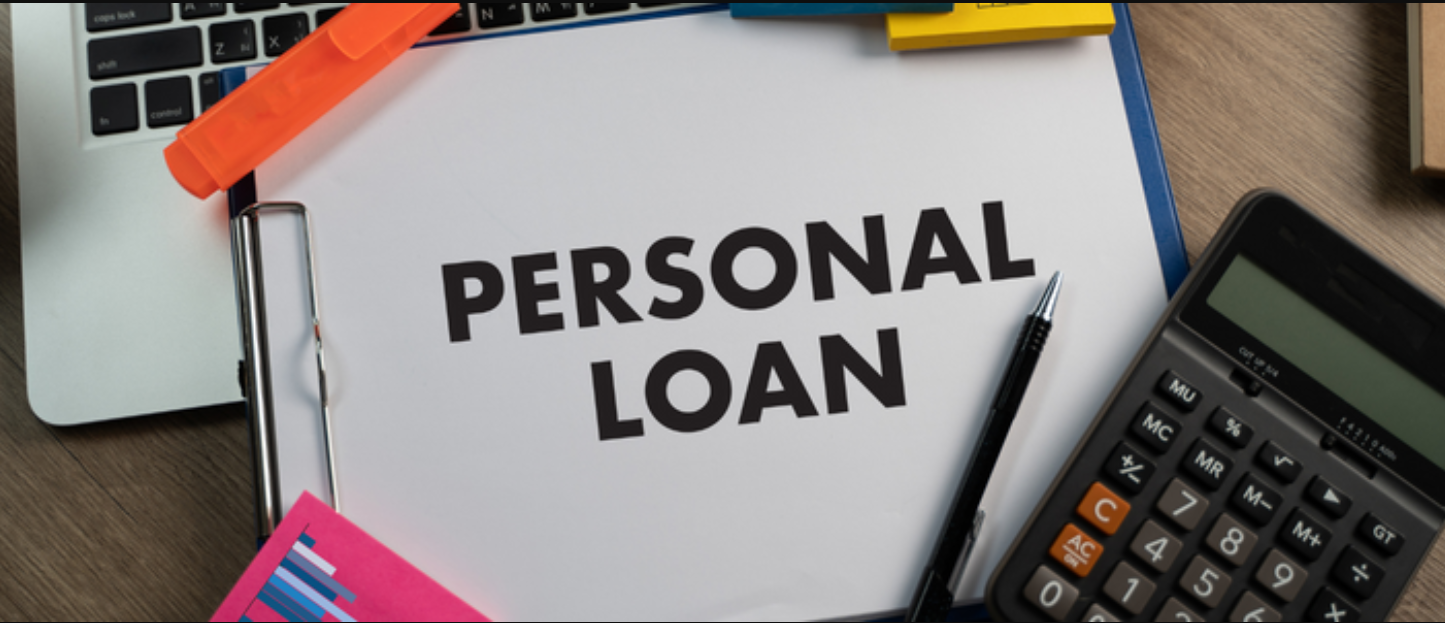When borrowing money for various financial needs, two common options often come into play: personal loans and mortgages. Whether you're looking to buy a home, fund a renovation, or cover unexpected expenses, understanding the differences between these two loan types is crucial.
So, let's dive into personal loans and mortgages, break them down in simple terms, and help you make an informed decision.
Personal Loans: Quick Cash for Short-Term Needs
Personal loans are like the Swiss Army knives of borrowing money. They're versatile, unsecured loans that you can use for almost anything, from consolidating debt to paying for a wedding or vacation. The primary feature of personal loans is that they're not tied to any collateral, such as your house or car.
How Do Personal Loans Work?
When you take out a personal loan, a lender provides you with a lump sum of money upfront, which you repay over a fixed period. Depending on the loan terms, this period can range from a few months to several years. You'll typically make monthly payments that include principal and interest until the loan is paid off.
Pros of Personal Loans
- Flexibility: You can use the money for any purpose you want.
- Quick Access: The application process is usually faster than a mortgage.
- No Collateral: You don't risk losing your assets if you can't repay the loan.
- Fixed Monthly Payments: Easier budgeting with consistent payments.
Cons of Personal Loans
- Higher Interest Rates: Personal loans often come with higher interest rates than mortgages.
- Smaller Loan Amounts: You might not be able to borrow as much as you need for a big expense.
- Shorter Repayment Terms: Monthly payments may be higher due to shorter terms.
When to Consider a Personal Loan?
Personal loans are ideal for short-term financial needs when you require a relatively small amount. Common uses include consolidating high-interest debt, covering medical bills, or funding a small home improvement project.
Mortgages: The Key to Homeownership
A mortgage is a specialized loan designed exclusively for buying real estate. It's essentially a long-term commitment to repay the borrowed funds along with interest. Unlike personal loans, mortgages are secured by the property you're purchasing, which serves as collateral.
How Do Mortgages Work?
When you get a mortgage, you're essentially borrowing money from a lender to buy a home. The lender holds a lien on the property until the loan is fully repaid. Mortgages usually have much longer repayment terms, commonly 15 to 30 years.

Pros of Mortgages
- Lower Interest Rates: Mortgages typically have lower interest rates than personal loans.
- Longer Repayment Terms: Spread your payments over a more extended period, making them more affordable.
- Higher Loan Amounts: Suitable for purchasing a home, even if it's a significant investment.
- Tax Deductions: In some cases, you may be eligible for tax benefits.
Cons of Mortgages
- Collateral Required: Your property is collateral, so you risk losing it if you can't make payments.
- Lengthy Application Process: Mortgages involve extensive paperwork and can take longer to approve.
- Strict Eligibility Criteria: Lenders have strict requirements, including credit score and down payment.
When to Consider a Mortgage?
A mortgage loan is your go-to option if you plan to buy a home or refinance an existing mortgage. It's best suited for significant, long-term investments like homeownership. Keep in mind that you'll need a good credit score and a down payment to be eligible.
Making the Right Choice
When it comes to making the right choice between a personal loan and a mortgage, several key factors should guide your decision:
Purpose of the Loan
If you need money for various purposes, such as consolidating debt, covering wedding expenses, or financing a vacation, a personal loan offers unmatched versatility. It can be used for nearly anything you have in mind.
On the other hand, when your primary goal is to purchase a home, a mortgage is the clear choice. It's specially designed for real estate transactions and often represents the most viable path to homeownership.
Loan Amount
Personal loans are ideal for relatively modest to medium-sized financial needs. They typically come with borrowing limits lower than those offered by mortgages. On the contrary, mortgages are tailored for substantial investments like buying a home, which often requires a more substantial loan amount to cover the cost of the property.
Repayment Period
Personal loans offer shorter repayment periods, usually from a few months to a few years. This means you'll need to pay off the loan within a relatively brief timeframe. Mortgages provide significantly longer repayment terms, typically spanning 15 to 30 years. This extended duration can make monthly payments more manageable, especially for a substantial investment like a home.
Interest Rates
Due to the unsecured nature of personal loans, they tend to carry higher interest rates compared to mortgages. Be prepared for somewhat higher borrowing costs. Mortgages often come with lower interest rates, making them a cost-effective option for long-term financing. This can result in significant savings over the life of the loan.
Eligibility Criteria
Personal loans tend to be more accessible, with relatively easier eligibility requirements. However, you may face higher interest rates if you have a lower credit score.

To secure a mortgage, you'll need a good credit score and, in most cases, a down payment. Lenders have stricter eligibility criteria to mitigate the risks of large home loans.
Conclusion
In the personal loan vs mortgage showdown, the ideal choice depends on your financial needs and goals. Personal loans offer flexibility and quick access to funds for various purposes, making them suitable for short-term needs.
On the other hand, mortgages are tailored for homebuyers, with lower interest rates and longer repayment terms, but they come with the risk of losing your property if you can't make payments.




